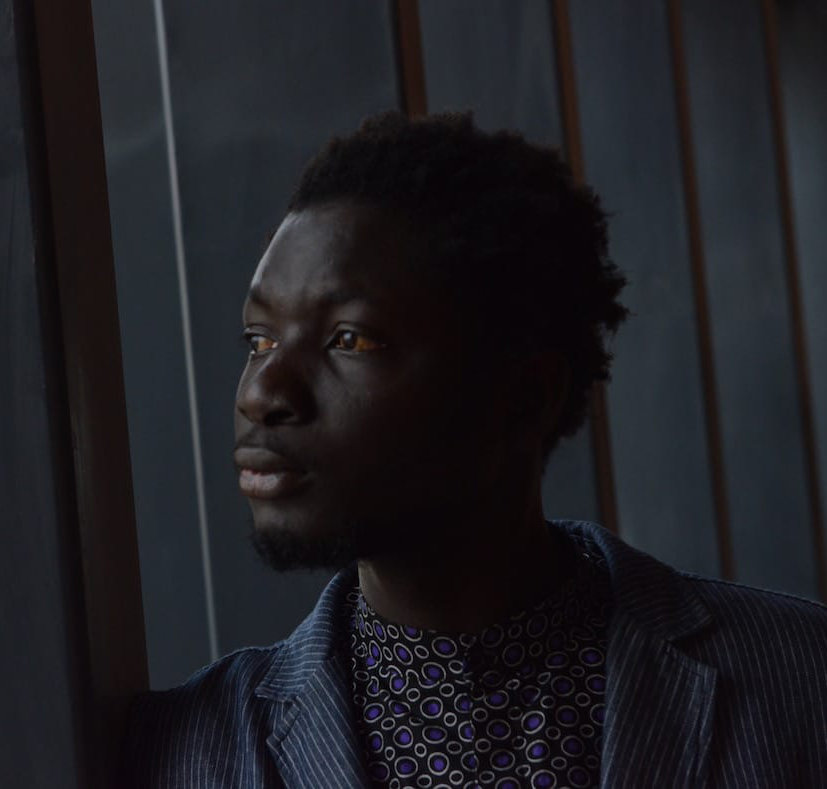MAMADOU KHOUMA GUEYE

BIO
Mamadou Khouma GUEYE is a writer, director and mentor. He was born in 1981 in Thiaroye Gare Senegal, a place steeped in tragic history. After studying History at Cheikh Anta Diop University in Dakar (Senegal), he launched his career in film by campaigning for access to cinema for the population of the Dakar suburbs, before moving on to directing, after being mentoring for 5 years by the filmmaker Rama Thiaw. He always believed on the strength of the collective energy of his generation to produce and distribute our cinema. He has always defended the idea that art should make room for ordinary people and help to represent and raise awareness of sometimes difficult social and political realities. After making several short films awarded at several IFF, Gueye’s first feature documentary, Liti Liti, (Spanish premiere in AFRIKALDIA 2025), was in official competition at the Visions du Réel (2025).
He is a founding member of Ciné-banlieue, set in the suburbs of Dakar in Senegal, and in 2015, he founded Plan B films Sénégal and created ‘taste of salt’ project, which involves an artistic residency, an image education workshop in working-class neighborhoods and film festivals at Lac Rose in Senegal.
FILMOGRAPHY
Liti Liti, 2025. Documentary.
Xaar Yàlla, 2021. Short documentary film.
Maamo Maam, 2020. Short documentary film.
Kedougou, 2017. Short documentary film.
DIRECTOR’S STATEMENT
My mother is like all the women who left the rural world during the long droughts of the 1970s. I like the expression “exodus from the rural world.” The word “world” already hints at a certain complexity in her life. I always think of my parents when I Iisten to the song ‘Maral’ – Drought – by Youssou Ndour.
In this context of ecological crisis, my mother, like thousands of women, arrived not ni the heart of the capital, but indeed in the periphery of Dakar. The women quickly organized and banded together around Tontines*, which are spaces of humanist sisterhood. This chain of solidarity complemented the “resourcefulness” in a harsh urban space. These women ensured that essential infrastructures were built such as schools, markets, and dispensaries, in these “floating” neighborhoods, the “nomadic” areas unrecognized by the state, like Guinaw-Rails.
My mother’s character embodies all those invisible, emotionally charged women you meet on the streets, in the markets, everywhere in Dakar and its greater suburbs.
Cinema, as a profession, is not the most accessible art form for people coming from my background. My mother allowed me to go to school and supported my choice to pursue filmmaking. My mother occupies an uncomfortable position in this conservative Dakar society, and she does so with great dignity.

